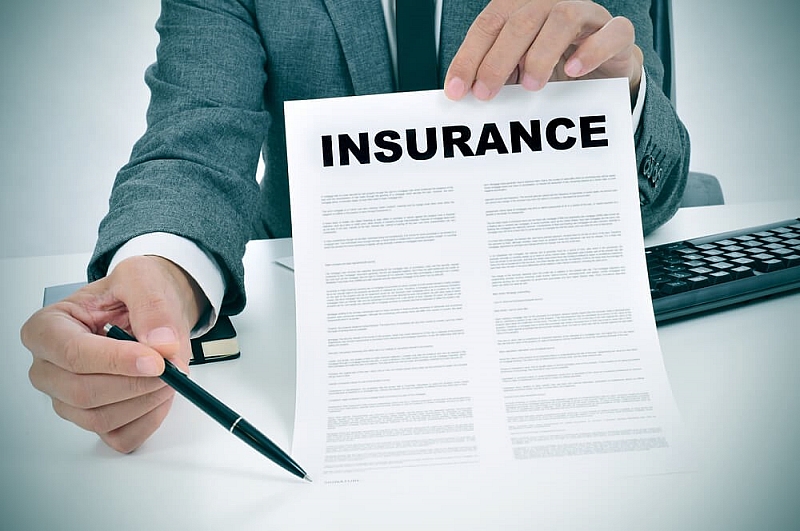
Natural disasters such as wildfires, typhoons, twisters, and floods have been making headlines. We’ve seen hundreds of homes go up in flames in southern California; thousands of homes battered by hurricanes and tornadoes in Texas and the south; and thousands more submerged by the mighty Mississippi and other swollen rivers. While wildfires, devastating storms, and floods trigger widespread damage, the nation’s homes are frequently damaged by less ominous forces: baseballs that break windows; stove-top fires cause smoke damage; burst pipes damage walls, flooring, and home furnishings. Other routine house owners insurance declares consist of fire, theft, vandalism, mold, hail damage, water damage, and more. Throughout the country, property owners routinely file insurance claims, even in the absence of disaster.
No matter what has harmed your home, if it’s covered by your insurance plan, you can rest easy knowing that it will be taken care of – or can you? Insurance companies are services that require to make a profit in order to survive. Part of that earnings comes from premiums and another part comes from decreasing insurance losses. One method to minimize insurance losses is to limit what they will cover. For example, life insurance companies will likely reject a life insurance policy to a 98-year-old cigarette smoker with emphysema. After all, that would be an unnecessary threat and a bad investment, unlikely to make a profit.
Another way to lessen insurance losses is to underestimate the damage or overlook possible losses. If your house has been burglarized, the insurance company may undervalue your possessions or fail to prompt you to list everything stolen. In fact, it’s your responsibility to document the losses, not the adjuster’s. If you require to submit an insurance claim, bear in mind that although the adjuster is a good enough individual, he is likewise an insurer agent who needs to minimize company losses. You should do this before your home is damaged if possible. These often have low insurance limits. If you have such valuables, purchase an insurance rider to make sure that you are adequately insured.
Next, get organized due to the fact that you will have lots of paperwork connected with your claim. Use an expandable folder to track whatever consisting of receipts, repair work estimates, documents, notes, and kinds. Do your homework and read your insurance plan. Search for terms that you do not comprehend. In addition, visit your states workplace of insurance and find out about the policies in your state. You may have specific rights that aren’t defined in the policy. When the adjuster visits your home, point out the damage and ask him to look for hidden damage. The contractor will be able to point out damage that the insurance adjuster may not have noted otherwise.
Depending upon the scale of your house’s damage, you may wish to hire a public insurance adjuster to represent your interests. In addition, you might think about a “do-it-yourself” insurance declares kit to better arm yourself for the insurance claims fight ahead. Other regular homeowners insurance claims include fire, theft, vandalism, mold, hail damage, water damage, and more. No matter what has damaged your home, if it’s covered by your insurance policy, you can rest easy knowing that it will be taken care of – or can you? Life insurance companies will likely deny a life insurance policy to a 98-year-old smoker with emphysema. Another way to minimize insurance losses is to underestimate the damage or overlook potential losses. The contractor will be able to point out damage that the insurance adjuster may not have noted otherwise.